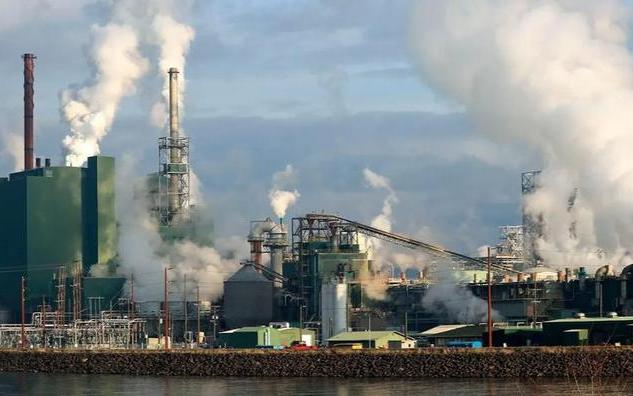
On November 16, 2024, news gripped the energy nerves of Europe - Russia stopped supplying natural gas to Austria due to a commercial dispute between Russia and Austria. This seems to be a commercial friction between the two countries, but like a stone into the calm lake, it quickly stirred up thousands of waves, so that the price of natural gas in Europe has risen all the way, and Europe, which is already in an atmosphere of energy tension, is once again covered by the cloud of natural gas supply crisis.
In itself, a commercial dispute between Russia and Austria was only the trigger for the crisis. On the complex international energy game board, there are often many intertwined factors behind such disputes. As an important supplier of natural gas to Europe, Russia's energy export strategy is influenced not only by its own economic interests, but also by many external factors such as geopolitics. Austria also has its own status and demands in the European energy layout, commercial terms, transportation distribution and other links appear divergent, difficult to reach a consensus in a short period of time, which has led to the interruption of supply.
But more importantly, the current time node is just the European winter, which is the peak season for natural gas consumption. Europe's winters are long and cold, and everything from heating people to running industries is highly dependent on a steady supply of natural gas. In the past, under the normal supply situation, European countries will prepare reserves and other measures in advance, but this sudden supply disruption has suddenly disrupted all the rhythm.
The surge in the price of natural gas is the most obvious manifestation. Many enterprises that rely on natural gas, the cost of sudden increase, some small and medium-sized enterprises are faced with a difficult choice, either bear the high cost of gas to continue production, or stop production and wait for the situation to improve, no matter which is a heavy blow to the operation and development of enterprises. For ordinary people, rising gas prices mean rising living costs such as heating costs, and those already struggling families are even more overwhelmed, and may even face insufficient heating in winter.
If the weather is further unfavourable, a gas supply crisis in Europe is almost certain. In the event of extremely cold weather, for example, natural gas consumption will be much higher than expected, and existing reserves are likely to be depleted quickly. At that time, even if the subsequent dispute between Russia and Austria is resolved and supply is restored, there may be an embarrassing situation that is far from hydrolyzed. In addition, the deployment of natural gas within Europe is also facing difficulties, due to the coordination of interests between countries and the carrying capacity of the transport network.
From a long-term perspective, this incident also sounded the alarm for Europe's energy security. Europe has long been highly dependent on foreign energy supply, especially on Russian natural gas, although in recent years has been seeking to diversify energy, increase the import of liquefied natural gas from the United States and other places, promote the development and utilization of renewable energy, but the effect has not completely let it get rid of the dependence on traditional natural gas supply. Europe needs to accelerate the pace of energy transformation, further increase the proportion of renewable energy in the energy mix, such as vigorously developing clean energy such as wind power and solar power, while improving its own energy reserves and emergency mechanisms to enhance resilience in responding to such emergencies.
In short, European countries also need to be more active in coordinating relations with energy suppliers, and establish more fair, reasonable and flexible commercial cooperation mechanisms to avoid a temporary dispute that will plunge the entire continent into an energy crisis. Within Europe, countries should also abandon some narrow interest considerations, achieve more effective energy mutual assistance and coordinated response, and jointly overcome the possible coming winter of natural gas supply crisis. Only in this way can Europe, in the complex situation of energy supply, ensure the stable development of people's lives and economy and society, and no longer be "strangled" by similar crisis moments.

The South Korean political arena has once again been embroiled in a public controversy over a judicial investigation that has shaken the entire nation.
The South Korean political arena has once again been embroi…
On the morning of December 29th local time, the precious me…
According to the US media Barchart, recently, the fluctuati…
On December 29th, Mar-a-Lago in Florida, USA, witnessed a h…
SoftBank Group announced on Monday that it has agreed to ac…
Recently, the US State Department issued a visa ban, adding…